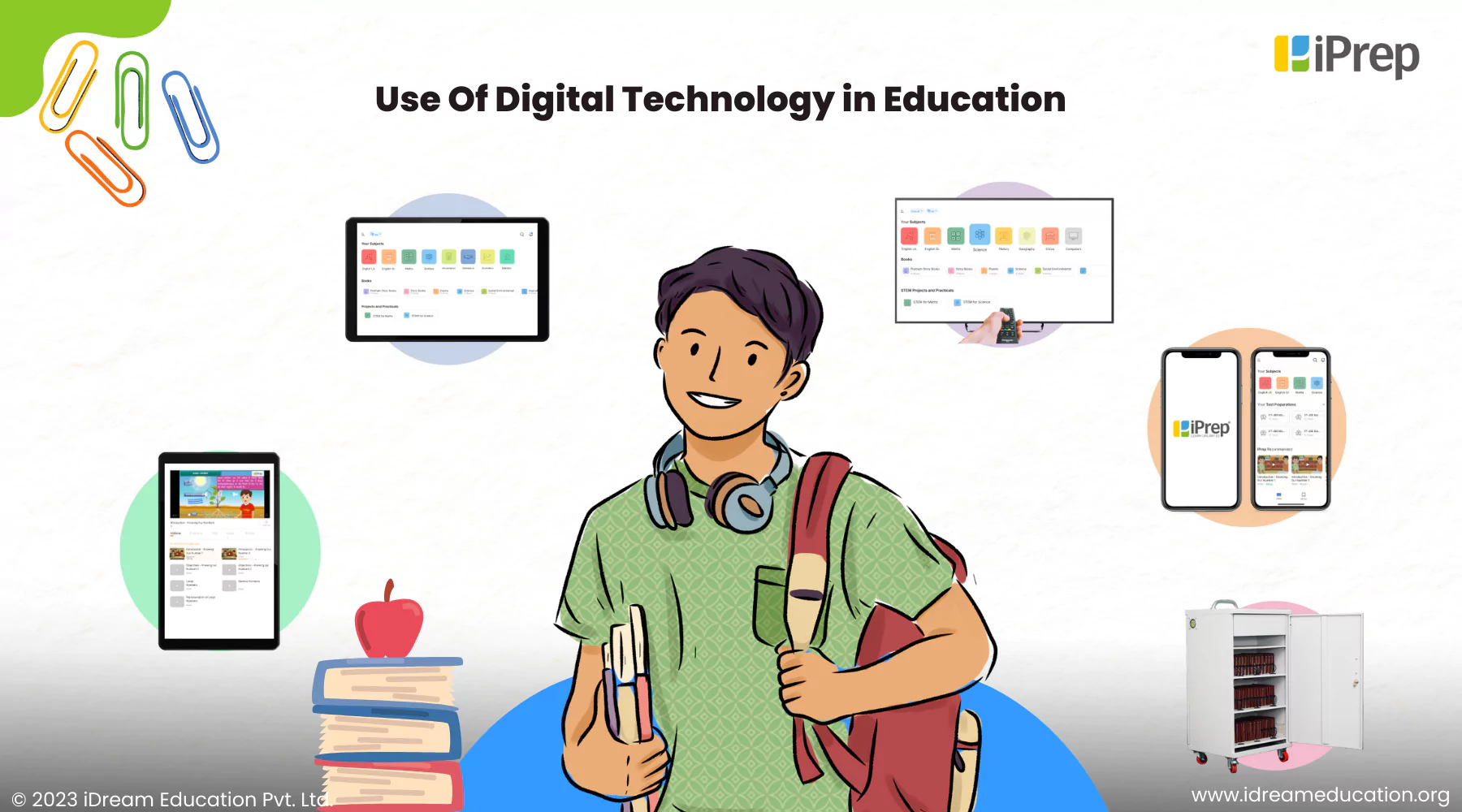Secure Your Future with Inexpensive and Trustworthy Insurance
Wiki Article
Essential Resources for Institutions to Boost Their Strategy to Modern Technology Education
As establishments make every effort to improve their technology education and learning structures, the identification and application of important sources end up being extremely important. Innovative curriculum styles that incorporate innovation, alongside reliable on-line understanding platforms, can considerably expand educational ease of access and engagement.Ingenious Curriculum Styles
In today's quickly advancing technical landscape, educators are increasingly identifying the need for innovative curriculum designs that properly integrate innovation into discovering experiences. This combination is necessary for preparing students for a future where electronic proficiency is extremely important. Cutting-edge curriculum styles incorporate various pedagogical strategies, guaranteeing that technology acts as a tool for boosting involvement and facilitating much deeper understanding.One reliable strategy is project-based learning (PBL), where trainees engage in real-world problems, making use of innovation to research study, work together, and present their searchings for. This technique not only fosters critical reasoning however likewise urges the advancement of soft skills such as synergy and interaction. Additionally, flexible learning innovations can customize the academic experience, dealing with private knowing styles and rates.
Additionally, interdisciplinary approaches that blend topics, such as integrating science and technology with the arts, assistance produce a more holistic understanding environment. This fosters creativity and advancement, equipping students with the abilities required to thrive in a complex, interconnected world. Inevitably, ingenious educational program layouts are crucial for cultivating a generation of learners that are not just skillful in modern technology but are also skilled problem solvers and essential thinkers.
Online Learning Operatings Systems
Lots of teachers are transforming to on the internet understanding systems as important tools for enhancing instructional ease of access and involvement. These systems assist in a crossbreed learning setting that suits varied learning designs and speeds, making education and learning a lot more inclusive. They use an array of sources, including video clip lectures, interactive simulations, and discussion forums, enabling trainees to accessibility content from anywhere any time.Prominent online learning systems, such as Coursera, edX, and Moodle, provide organizations with the infrastructure required to provide high-quality modern technology education and learning. These platforms can be tailored to align with particular curriculum objectives and instructional approaches, making certain that organizations can preserve their instructional criteria while leveraging electronic resources.
Additionally, on the internet knowing platforms support cooperation among trainees and teachers, fostering a feeling of neighborhood and shared discovering experiences. Advanced analytics devices offered on these systems enable educators to track trainee development and interaction, facilitating prompt interventions when essential.
Expert Growth Opportunities
Continual expert advancement is important for instructors looking for to stay abreast of emerging modern technologies and instructional approaches in a rapidly evolving instructional landscape (Make Money). To effectively incorporate innovation into the classroom, instructors must actively pursue possibilities that boost their skills and understandingEstablishments ought to focus on offering workshops, training courses, and seminars focused on the most up to date technical improvements and teaching techniques. These programs can deal with various facets of technology education, consisting of coding, digital literacy, and using instructional software. Furthermore, partnering with local universities and technology organizations can offer teachers access to specialized training and resources.
Online expert growth platforms additionally offer versatility, allowing educators to engage in self-paced learning. Webinars and online seminars can assist in understanding sharing among teachers worldwide, promoting a global point of view on innovation integration.
Moreover, mentorship programs can link experienced teachers with those new to modern technology, advertising joint learning and assistance. By developing a culture of continual discovering, organizations can encourage instructors to embrace cutting-edge mentor techniques, eventually boosting pupil engagement and success in innovation education. Investing in professional growth not just advantages instructors however likewise substantially improves the finding out experience for pupils.
Collective Tools and Resources
Efficient combination of innovation in education also depends on using joint tools and resources that facilitate communication and teamwork among instructors and trainees. Such tools improve interaction and foster a society of cooperation, critical for modern learning atmospheres. Platforms like Google Work Space and Microsoft Teams make it possible for real-time file sharing, project monitoring, and smooth communication, allowing teams to collaborate effectively despite geographical barriers.Additionally, finding out management systems (LMS) such as Canvas and Moodle give structured environments for partnership, where educators can create forums, appoint group tasks, and promote discussions. These systems not only simplify training shipment but additionally encourage peer-to-peer communication, necessary for developing important thinking and analytic skills.
Moreover, tools like Padlet and Trello can be utilized to envision ideas and take care of tasks collaboratively, improving project-based understanding experiences. By incorporating these collaborative resources, establishments empower both educators and trainees to contribute proactively to their finding out trips. Ultimately, the efficient usage of joint devices not just improves the instructional experience but likewise prepares pupils to flourish in a progressively interconnected globe.
Community and Market Collaborations
Neighborhood and sector collaborations play a vital role in enhancing technology education by bridging the gap in between academic knowledge and functional application. These partnerships supply trainees with real-world experiences, enabling them to use class principles to real difficulties dealt with by companies. By involving with neighborhood organizations and area companies, academic organizations can produce dynamic learning settings that foster development and skill growth.

In addition, these alliances can cause source sharing, where establishments gain from sector technology, knowledge, and funding. Such assistance not just improves academic offerings but additionally assists to cultivate a workforce that is well-prepared for the obstacles of the modern-day economic climate. Ultimately, the harmony produced through area and market partnerships is vital for promoting a culture of continual discovering and adaptation in technology education, ensuring that establishments stay receptive to progressing technical landscapes.
Final Thought

One reliable approach is project-based understanding (PBL), where trainees engage in real-world problems, making use of innovation to research, team up, and offer their findings. Additionally, flexible knowing modern technologies can customize the academic experience, providing to private learning designs and paces.
In addition, mentorship programs can attach skilled instructors with those new to modern technology, promoting collaborative understanding and support. By developing a culture of constant learning, establishments Grants can empower instructors to embrace ingenious training techniques, inevitably enhancing trainee engagement and success in innovation education and learning. Eventually, the harmony produced via community and market collaborations is necessary for fostering a culture of constant understanding and adaptation in modern technology education, making sure that institutions remain responsive to advancing technical landscapes.
Report this wiki page